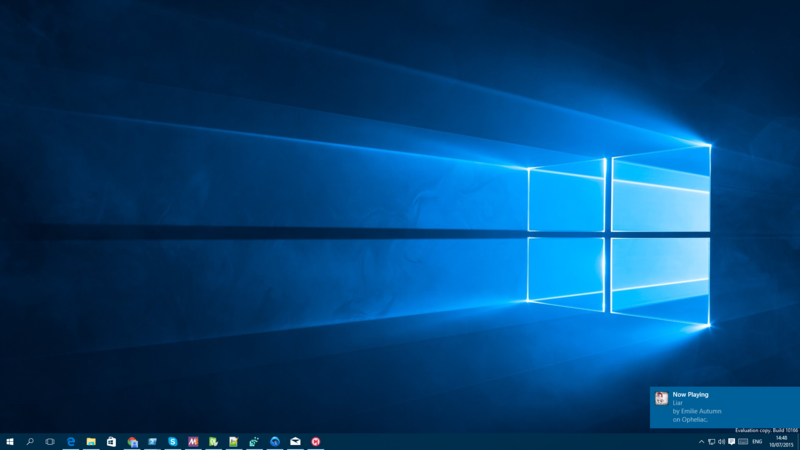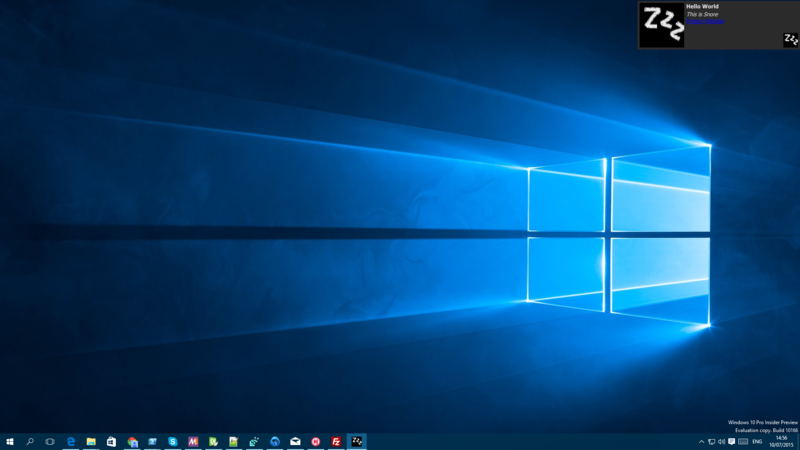Projects/Snorenotify: Difference between revisions
< Projects
TheOneRing (talk | contribs) (Fix lists) |
TheOneRing (talk | contribs) |
||
| Line 38: | Line 38: | ||
== Secondary Backends == | == Secondary Backends == | ||
* Toasty is | * Toasty is '''UNSAFE''', it is using http to communicate with a server. | ||
* Notify My Android is using https to communicate. [http://notifymyandroid.com/privacy.jsp Notify My Android Privacy] | * Notify My Android is using https to communicate. [http://notifymyandroid.com/privacy.jsp Notify My Android Privacy] | ||
* Pushover is using https to communicate. [https://pushover.net/faq#security Pushover Security ] | * Pushover is using https to communicate. [https://pushover.net/faq#security Pushover Security ] | ||
Revision as of 14:08, 24 August 2015
Backends
- Windows Toast Notification
- OSX Notification Center
- Free Desktop Notifications
- Growl
- Snarl
- Integrated Notification Backend
- System Tray
Secondary Backends
- Windows Phone - Toasty
- Android - Notify my Android
- Android and IOS - Pushover
- Playback of sound filles
Screenshots
Windows Toast Notifications
Windows 10

Integrated notifications backend

)
Security
Backends
Basically all backends when used locally (some support forwarding) should be relatively safe.
- Snore is build in and no information is passed to outside applications.
- Windows Toast, SnoreToast is a command line application and the information is passed as arguments.
- Freedesktop, local inter process communication (dbus) is used.
- Snarl, local inter process communication is used.
- Growl, local network communication, MD5 encryption is supported.
Secondary Backends
- Toasty is UNSAFE, it is using http to communicate with a server.
- Notify My Android is using https to communicate. Notify My Android Privacy
- Pushover is using https to communicate. Pushover Security
